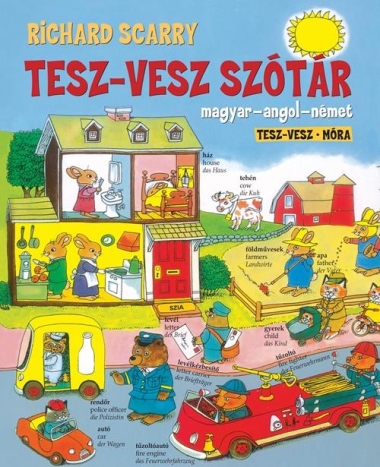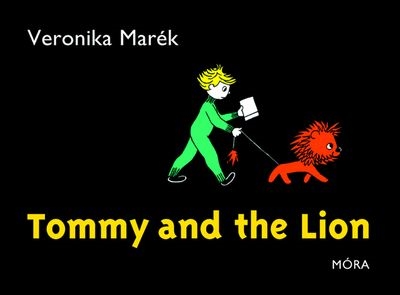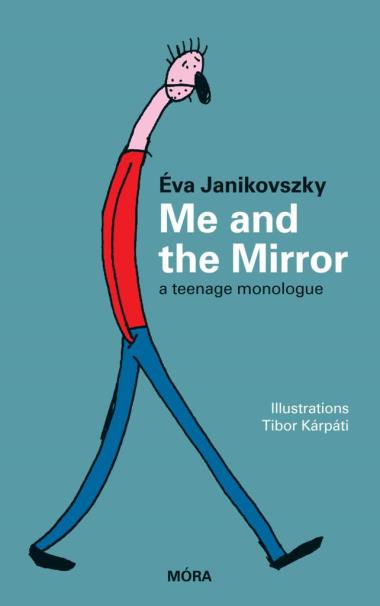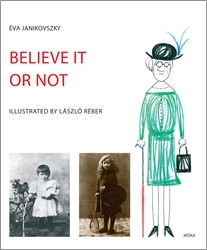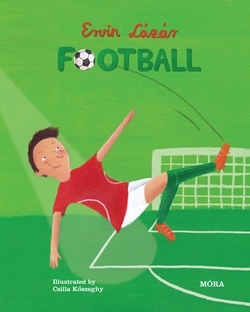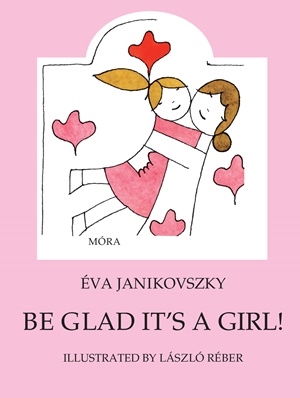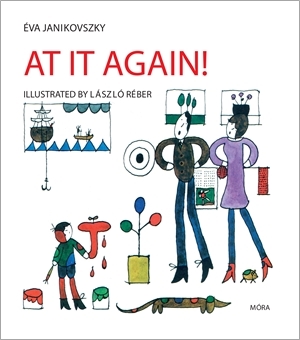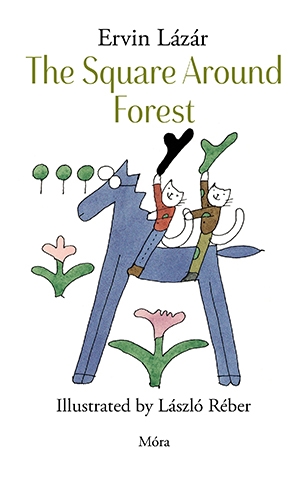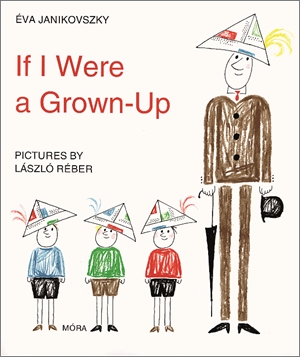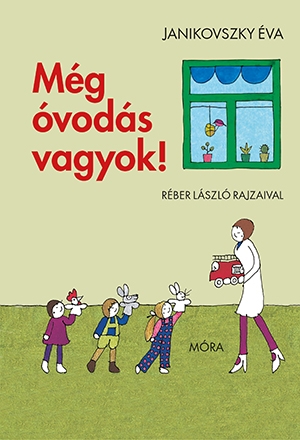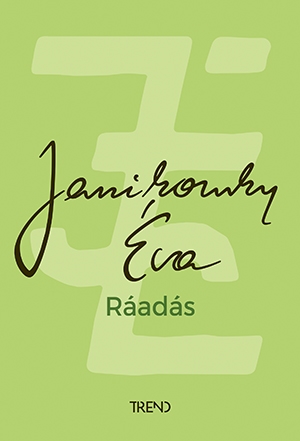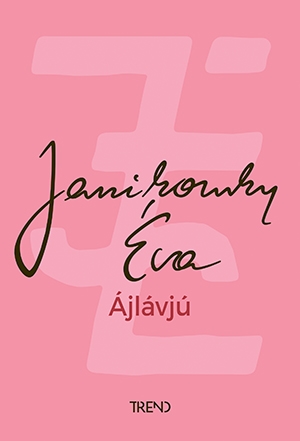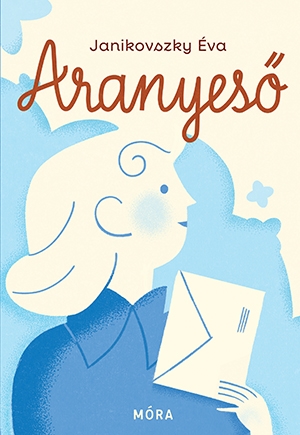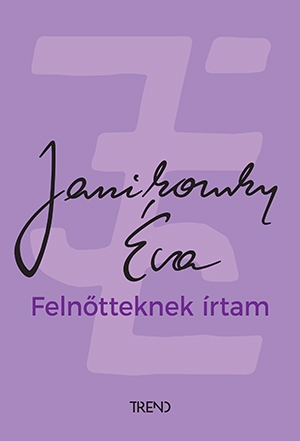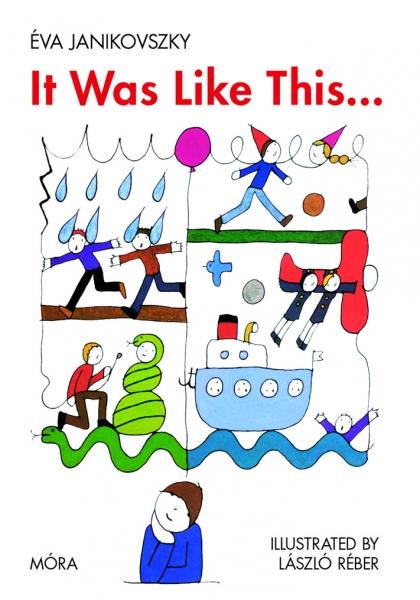
It Was Like This...
Thirty years have passed since Éva Janikovszky wrote Az úgy volt… The coin-operated phone-box in the street is no longer an excuse for a thirteen-year-old boy to slip out of his apartment. The international scouting movement has taken the place of Hungary’s “pioneer” movement. At the 1933 Boy Scout World Jamboree in Hungary Lord Baden-Powell announced, "I want to see men of all countries at peace with each other. You are the future men of your countries, so be friends!” and urged the boys to swap addresses and become pen-friends.
Thirty years have passed since Éva Janikovszky wrote Az úgy volt… The coin-operated phone-box in the street is no longer an excuse for a thirteen-year-old boy to slip out of his apartment. The international scouting movement has taken the place of Hungary’s “pioneer” movement. At the 1933 Boy Scout World Jamboree in Hungary Lord Baden-Powell announced, "I want to see men of all countries at peace with each other. You are the future men of your countries, so be friends!” and urged the boys to swap addresses and become pen-friends.
Our teenage hero tries both of these things. He also tries skating, lying to his girl-friend, planting trees and shrubs in the park, all with varying degrees of success. Most of all, he tries to understand the world around him, dominated by adults who are his own and his friends’ parents, relatives and teachers. Essentially he is no different from today’s teenagers with their mobile phones, MP4s and computers. That is why Éva Janikovszky is timeless: she could see into her own child as he grew, implant herself in his thoughts, and make them universal and ageless.
This is why all these decades later young adolescents (not to mention their parents!) will be enthralled by this, the latest of Móra Publishing House’s English translations of Éva Janikovszky’s (semi-)fiction for children.








